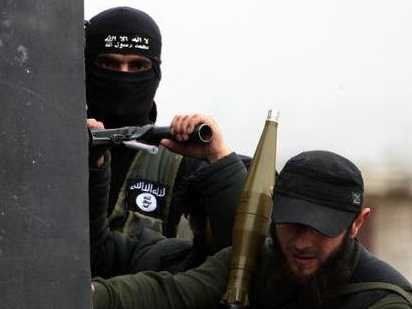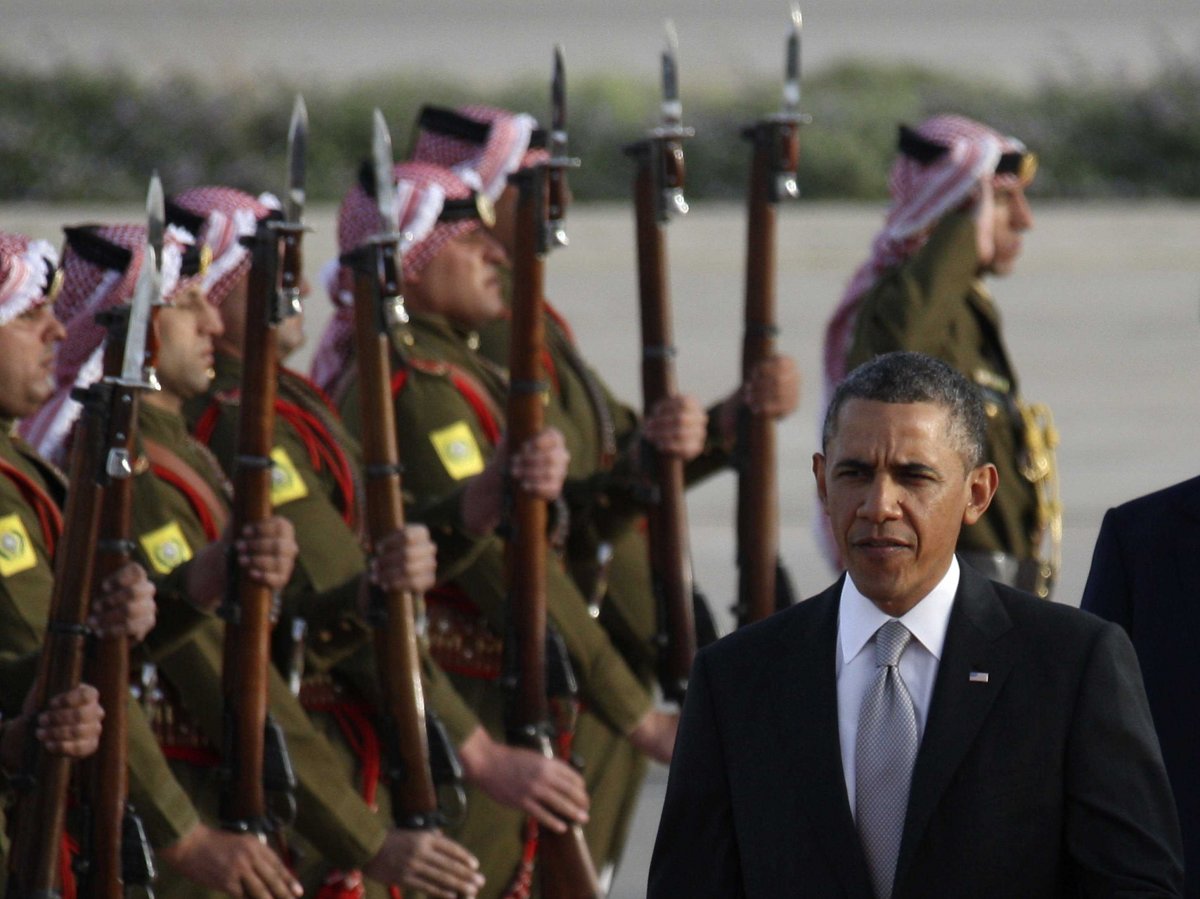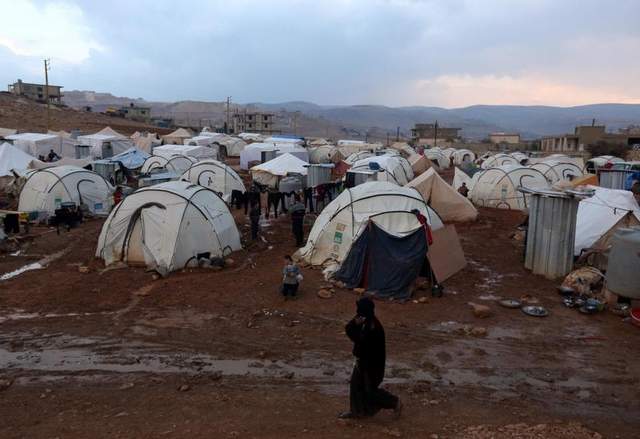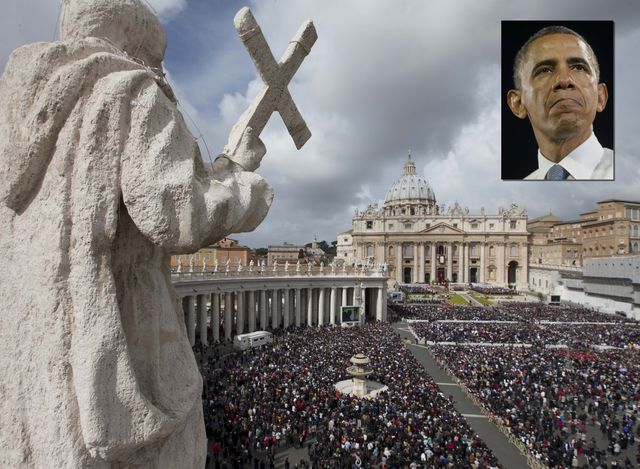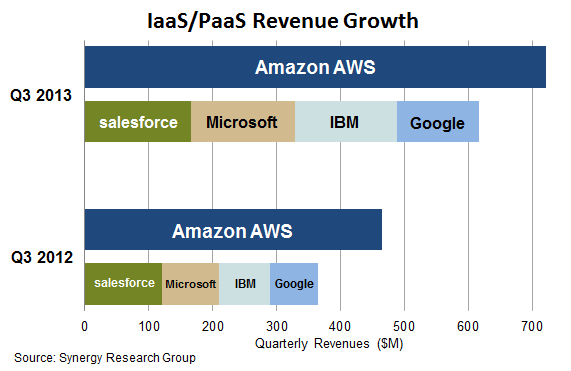
The Free Syrian Army began as a simple group of fighters battling Assad. But Ruth Sherlock, in Antakya, finds their mission is now making millions from bribery and extortion
The Free Syrian Army commander leant against the door of his four-wheel drive BMW X5 with tinted windows and watched as his men waded through the river on the Syrian border moving the barrels of smuggled petroleum to Turkey.
Feeling the smooth wedge of American bank notes he had just been given in exchange, he was suddenly proud of everything he had become.
In three short years he had risen from peasant to war lord: from a seller of cigarettes on the street of a provincial village to the ruler of a province, with a rebel group to man his checkpoints and control these lucrative smuggling routes.
The FSA, a collection of tenuously coordinated, moderately Islamic, rebel groups was long the focus of the West’s hopes for ousting President Bashar al-Assad.
But in northern Syria, the FSA has now become a largely criminal enterprise, with commanders more concerned about profits from corruption, kidnapping and theft than fighting the regime, according to a series of interviews with The Sunday Telegraph.
